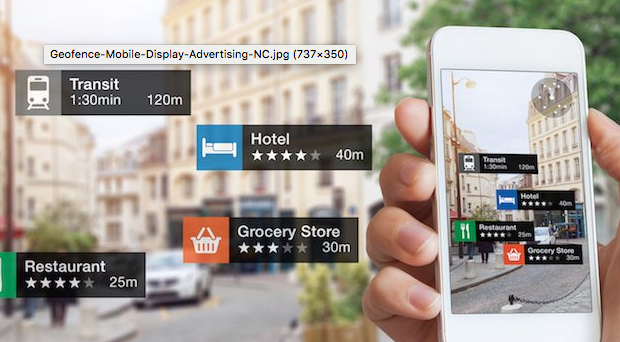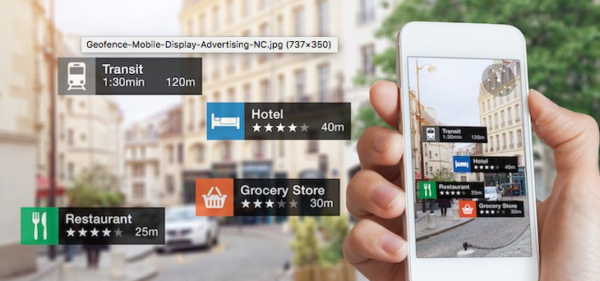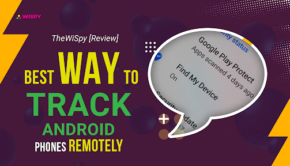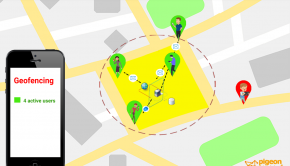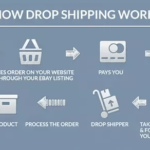5 Steps to Ensure a Successful Geofencing Ad Campaign
Marketers and advertisers for your business can reach out to consumers based on the places they visit with the help of location-based marketing. Geofencing ads assist advertisers in building and targeting audiences via accurate custom targeting shapes.
This article discusses the steps involved in running a successful ad campaign based on location. But before that, take a look at what geofencing is.
It is a type of marketing based on location. A geographic boundary is put in a point of interest. Whenever a mobile device enters a specific area, the geofence triggers several events, usually in advertisements. Initially, it used to be via SMS, but now it also includes push notifications.
1st Step: Create Geofences
Have you chosen your target audience and the place where you want to reach them? If yes, now is the time to create your geofence. You can do this in two ways. The first method is to design the geofence around a location, and the second method is to create it around a set of predefined boundaries.
Make sure that the customer is just five minutes away from you on foot. Maintaining this distance guarantees that they are more likely to respond positively, ensuring that you get a better return on your ad spends.
2nd Step: Use “Enter” and “Exit” Conditions
Requesting ‘enter’ and ‘exit’ conditions is an essential part of geofencing. Before triggering an ad campaign, you may wait for some time after a user enters your geofenced area. For instance, you may send a push notification to a user who has reached within two hundred meters of your store.
Including a special promotion or discount to the message can inspire a quick visit. After the user exits your geofence, add him to your retargeting efforts to enable him to get ads for thirty days after his visit.
3rd Step: Combine Geofences with Behavioral Targeting
If marketers use behavioural data like buying habits, demographic information, online browsing behaviour, interests, and previous purchases to introduce highly specific campaigns, they can add value to the user experience. For instance, a high-end beauty parlour can target only women with a certain income to attain a consistent conversion.
4th Step: Design Ad Creatives
Geofence ad creations involve considering the audience’s thoughts and preferences because you have to attract them. GIFs and video content are different types of ads that can catch their attention. Do not use an indirect copy.
Instead, directly speak to the audience and make the copy as relevant as possible. Words like ‘Step in’ or ‘We are only a small distance away’ help users understand they are close to your store and lead them to it.
Also, do not forget to add the call to action that makes the value clear. Examples of call to action are ‘15% off on showing this notification’ or ‘50% off only for this week.’
5th Step: Optimise Campaign Based on Data
This type of ad can fetch huge ROI if refined and optimised. If you ignore the option to review the performance of a geofenced ad, you lose the chance to attain more leads and more conversions. The significant metrics for analysing geofenced campaigns are cost per visit, total visit rate, view-through, and click-through visits.
Remember, you need to interpret the metrics according to business requisites. For instance, if you wish to enhance the sale of expensive items through your campaign, you need to expand your view and not limit it solely to in-store visits.
So reach out to the right people, at the right place, and at the right time through geofencing ads. With personalised ads, you can get access to a considerable percentage of consumers. This will undoubtedly contribute to brand exposure, and bring in more customers and revenue.

